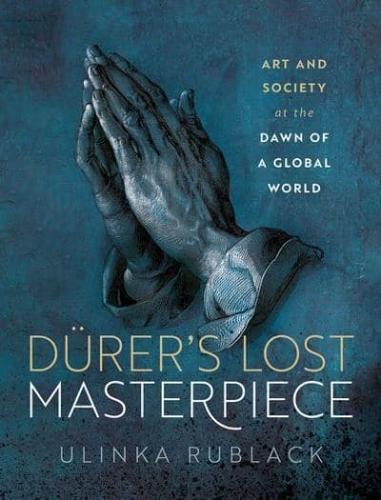Publisher's Synopsis
Dürer's Lost Masterpiece tracks the history of a turning point in the career of the celebrated German artist Albrecht Dürer (1471-1528), when he stopped painting altarpieces after arguing with a merchant patron over payment. As an eloquent homage to Dürer´s life, it brings us closer to the creation and meaning of his paintings than ever before. Dürer's Lost Masterpiece considers the celebrated German artist Albrecht Dürer (1471-1528), his time and his legacy. It tracks the history of a crucial, and often overlooked, turning point in his career, when Dürer stopped painting altarpieces after falling out with the Frankfurt merchant Jacob Heller over a commission. The story of this painting, as Dürer´s lost masterpiece, functions as a lens through which to view the new relationship developing between art, collecting and commerce in Europe up to the Thirty Years´ War (1618-1648) when global trade and cultural exchanges were increasing. At the heart of the book is the argument that merchants, and their mentalities, were crucial for the making of Renaissance art and its legacy for modern art. The book draws on a decade of research, and uniquely draws the reader into the rich emotional worlds of three merchants each of whom typified the evolving relationship between art and commerce in that entrepreneurial, and often ruthless, age. It brings to life Dürer´s determined fight for creative makers to be adequately paid and explores the big questions about how European societies came to value the arts and crafts that remain relevant to our time.











